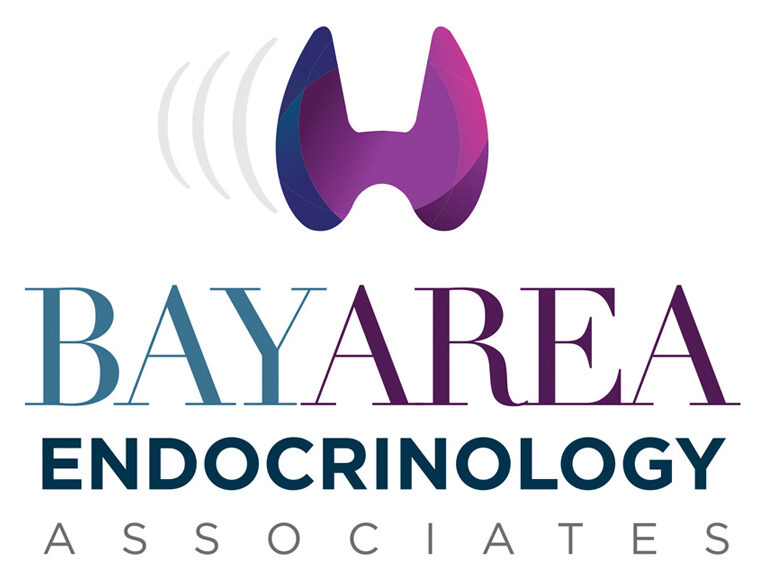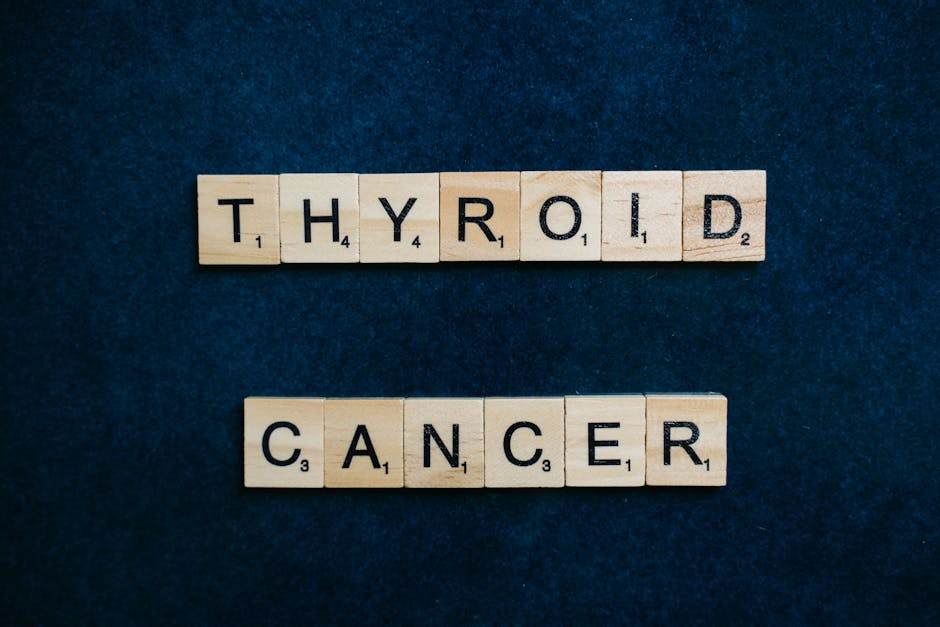What is Thyroid Hormone Replacement Therapy?
Hypothyroidism means a person’s thyroid gland is unable to make enough of its hormone to reach acceptable levels for the human body. This can be caused by a non-functioning thyroid or pituitary gland. Hypothyroidism is the most common need to undergo thyroid hormone replacement therapy. Taking this hormone will replace the one that is missing in your body. This medication will recreate typical thyroid functioning. Your physician will need to keep a close look at how your body is reacting since it is vital to figure out the right dosage of this hormone and ensure you are not taking too large or small of a dosage.
How to Take the Thyroid Hormone Safely
You will only need to take the thyroid hormone once per day because it can stay in your system for a relatively long time. This medication is meant to keep your thyroid function operating at a healthy range. It is recommended to take the thyroid hormone first thing in the morning on an empty stomach before you eat breakfast. By taking it before you eat any food, nothing will stand in the way of your body appropriately absorbing this hormone. In addition, consistency is key. Be sure to take this medication at the same time and in the same way every single day. When you are taking multiple medications, you’ll want to speak with your healthcare provider to determine the best time to take your thyroid hormone to ensure your medications do not interact with each other. For example, in such cases, it may be better to take your medications at night. The majority of thyroid problems are life-long, which means it is vital to never stop taking this medication without speaking to your physician. If you miss a dose, be sure to take that dose as soon as you remember. If you do forget for most of the day, it is also safe to take one the next morning and another the following evening.
Possible Interactions of the Thyroid Hormone with Other Medications
People who are taking medications along with this hormone often need a higher or lower dose of the thyroid hormone. The type of medications that interact with this hormonal treatment include estrogen, birth control drugs, testosterone, and anti-seizure pills as well as medication for treating depression. These medications as well as others can prevent the full absorption of the thyroid hormone. Any drugs that have calcium, specific antacids, soy, and iron as well as cholesterol-lowering pills can affect the absorption of this hormone. If you have been prescribed to take a thyroid hormone daily, it is vital to keep your physician aware of all other pills you are taking including supplements. The dosage that a doctor prescribes is also based on the patient’s weight, age, and additional medical diseases or circumstances. Your TSH levels will be checked and you will undergo a full physical examination before you are prescribed thyroid hormones. In addition, your doctor will want you to stay on the same name brand of medication to avoid any changes or fluctuations in how your body responds to the medicine. However, if a change must occur, be sure that your physician is aware and rechecks your thyroid function. In case your pharmacist changes the brand name of your prescription, be sure to tell your physician.
Finding the Best Doctors for Thyroid Hormone Replacement Therapy
It is vital to ensure you receive the best treatment possible for hypothyroidism or thyroid cancer. Having a trusted specialist handling your medical care will ensure your safety and improved thyroid functioning. Any endocrinologist at our Tampa Office is qualified to help you treat your hypothyroidism and prescribe the right medications. For example, both Carlos Fumero, MD, FACE, and Pedro Troya, MD, FACE, ECNU, are board certified in endocrinology. Via the American Association of Clinical Endocrinologists, Troya was able to receive his ECNU certification. Dr. Fumero was able to complete his education in internal medicine and endocrinology from the University of South Florida College of Medicine. Along with choosing the right specialist for your medical care, you’ll need to be completely transparent and share what other medications you are taking with your healthcare provider. If you believe you may have problems with your thyroid, be sure to reach out to the Bay Area Endocrinology Associates by calling 813-876-3636.







